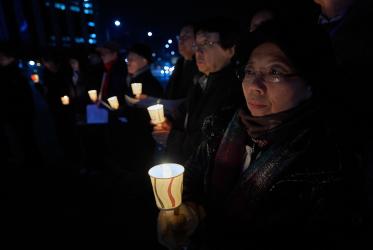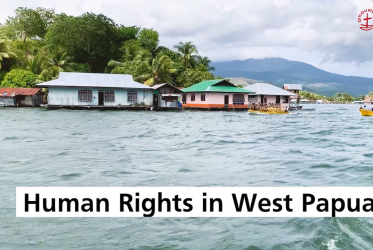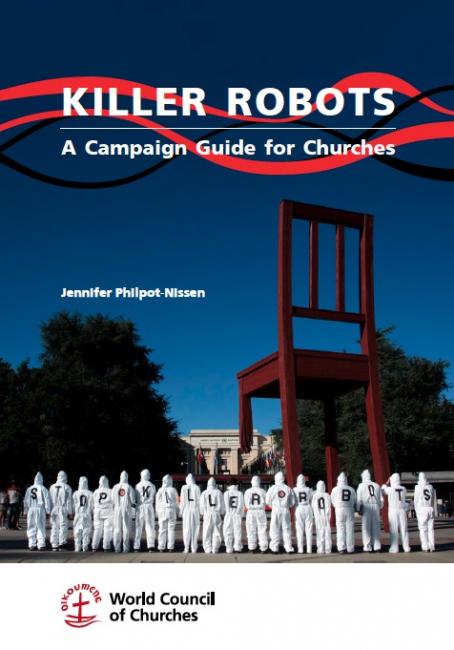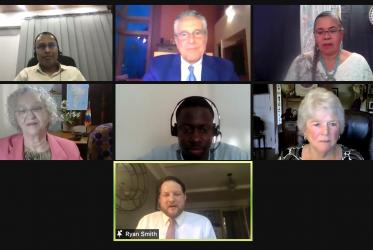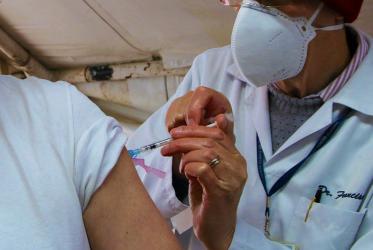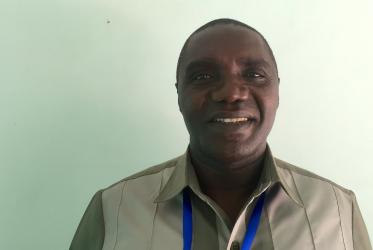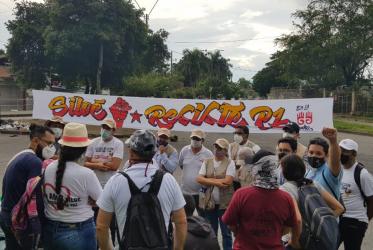Displaying 1 - 20 of 29
Voice of churches vital during UN women’s rights talks
28 March 2024
ACT Alliance general secretary: “equity is not negotiable”
26 September 2023
Strengthening Christian Perspectives on Human Dignity and Human Rights
Perspectives from an International Consultative Process
19 August 2022
WCC video interview describes human rights crisis in West Papua
13 January 2022









